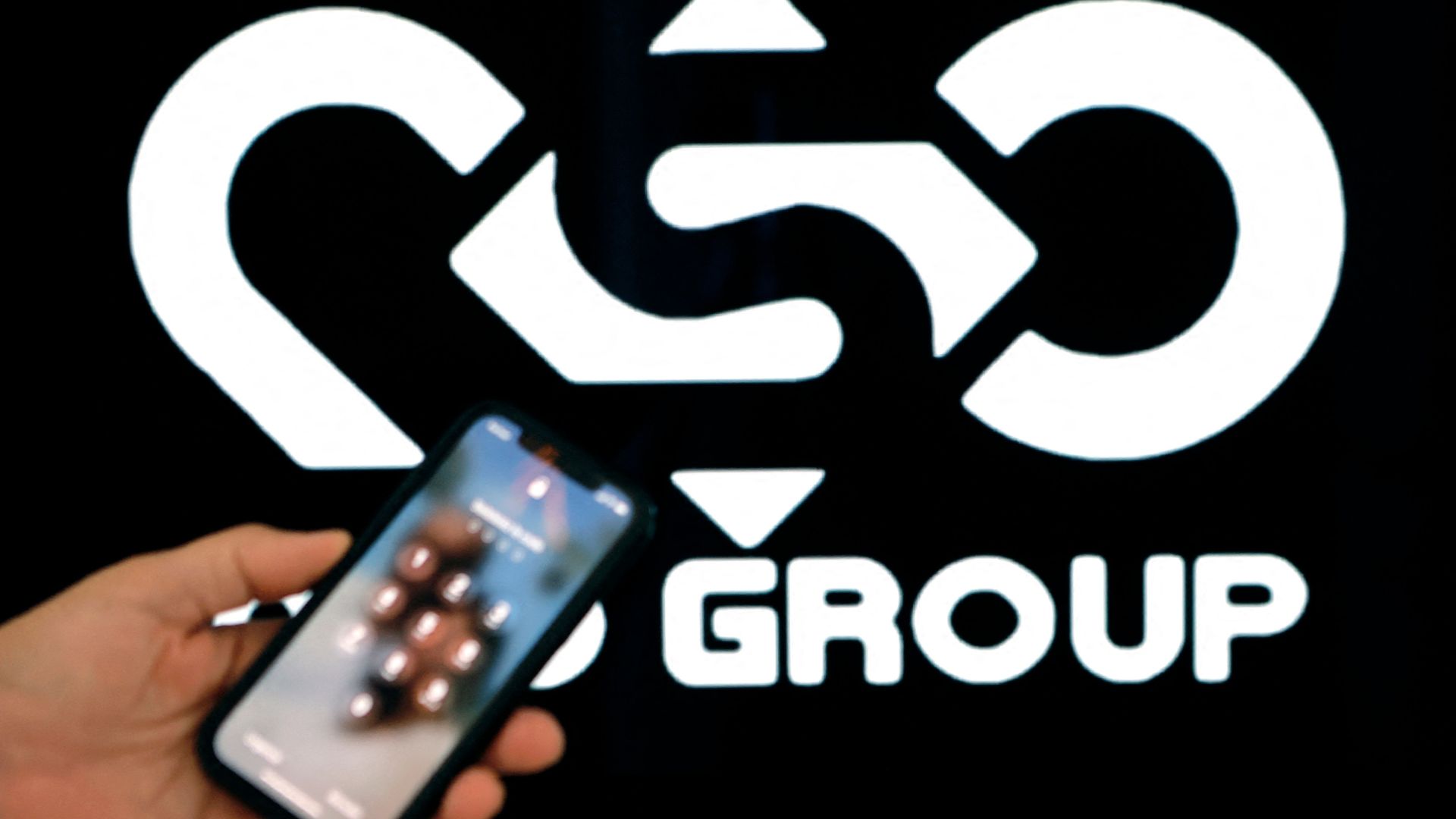Report: NSO Group's spyware is everywhere
Add Axios as your preferred source to
see more of our stories on Google.

Photo by JACK GUEZ / AFP
Governments around the world have made even more extensive use of commercial spyware from Israel's NSO Group than previously known, according to new reporting in the New Yorker by Ronan Farrow.
Why it matters: Governments are simultaneously employing NSO's Pegasus software while grappling with the impact that it and similar tools can have when used against their interests.
Among the revelations:
- The report says that "there is evidence that Pegasus is being used in at least 45 countries."
- Pegasus and similar tools are being used by U.S. law enforcement agencies as well as those in Europe.
- “The big, dirty secret is that governments are buying this stuff — not just authoritarian governments but all types of governments,” Microsoft executive Cristin Flynn Goodwin tells Farrow.
Catch up quick: Pegasus, NSO's flagship product, is used by governments to gain access to the contents of cell phones by exploiting flaws in the devices' operating systems and software.
Between the lines: One former Israeli intelligence official says that NSO prizes Western European customers because they lend more legitimacy to the company's products.
- "Most of their business is subsidized by the Saudi Arabias of the world,” the official says.
The big picture: NSO Group, for all its success in infiltrating phones, faces a number of legal and financial hurdles.
- Apple and Facebook are both suing NSO over its technology, while a number of spying targets have filed suit in courts around the world.
- The company is also under financial pressure following a leveraged buyout that has left the company with significant debt.
The other side: NSO Group notes in the piece that it is trying to navigate through a murky area of international law.
- NSO's CEO, Shalev Hulio, also apologized for instances where the technology has been misused. "It’s hard for me to live with that and I obviously feel sorry for that.”
- The company says it has also turned down more than 90 customers, foregoing hundreds of millions of dollars in revenue over ethical concerns.
- Hulio also called for something that a growing number of large technology and government leaders also want — a kind of Geneva Convention to set bounds on cyberwarfare.
Go deeper:
